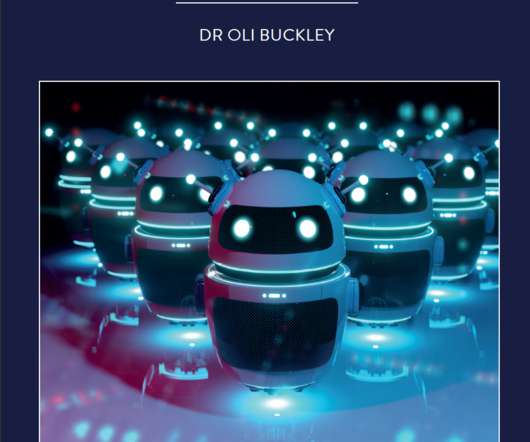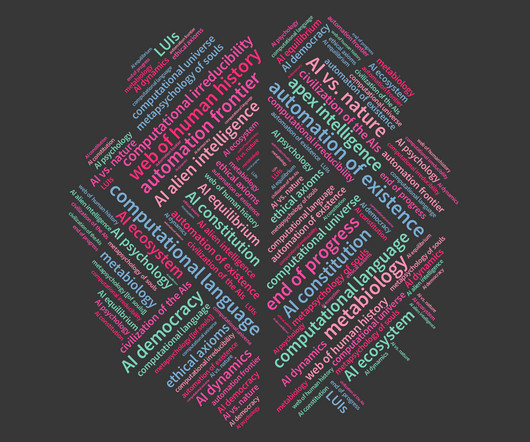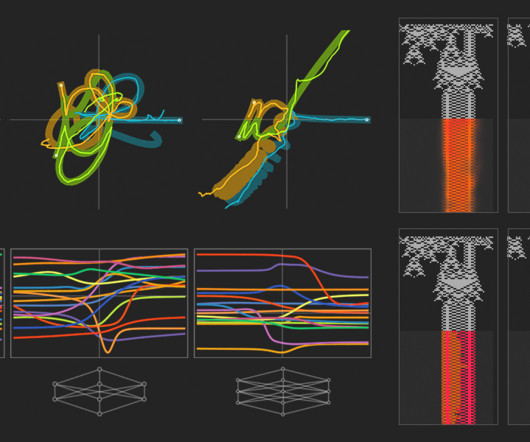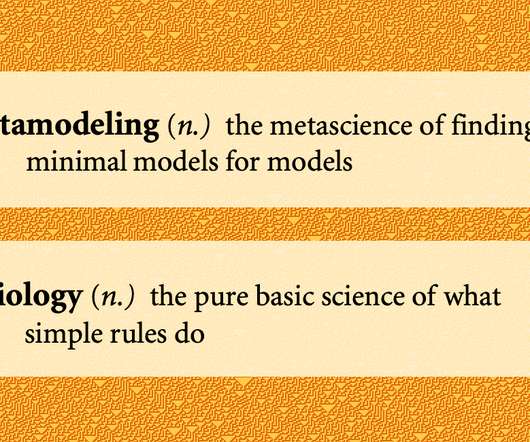Cyber security for the AI age
Futurum
OCTOBER 12, 2023
This means that the field of cyber security is rapidly growing and hungry for new talent that can understand the evolving threat landscape and respond accordingly by embracing new technologies, says Dr Burcu Bulgurcu at Toronto Metropolitan University in Canada. It is estimated that software supply chain attacks hit 60% of companies in 2021.














Let's personalize your content